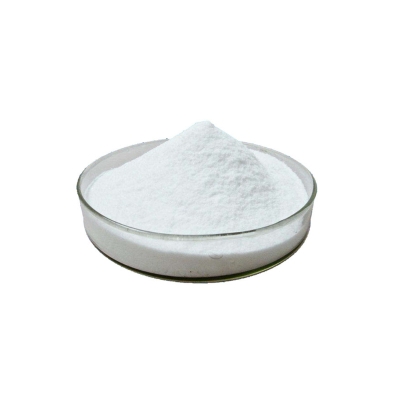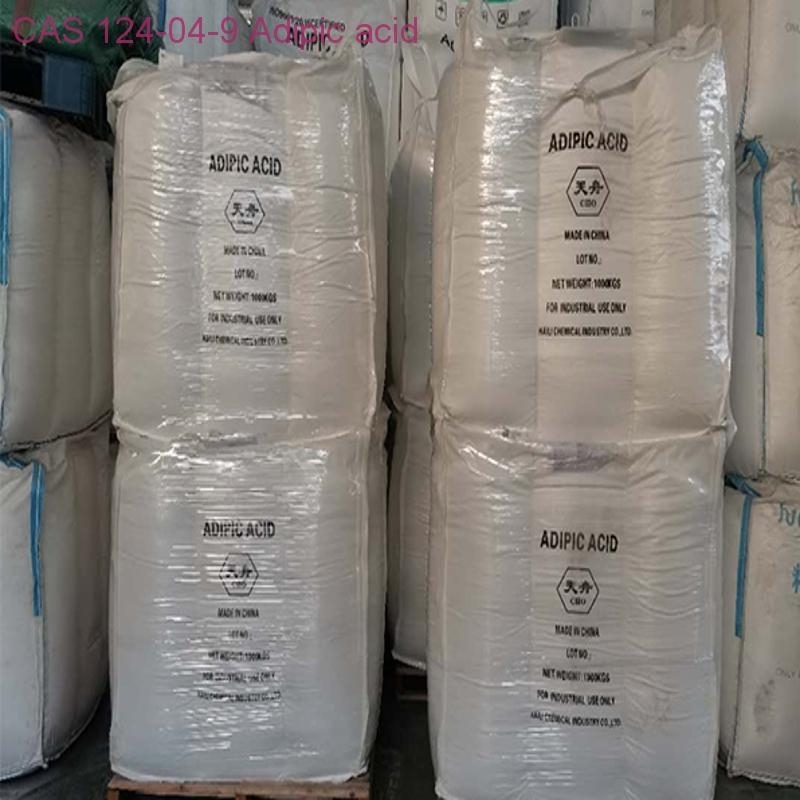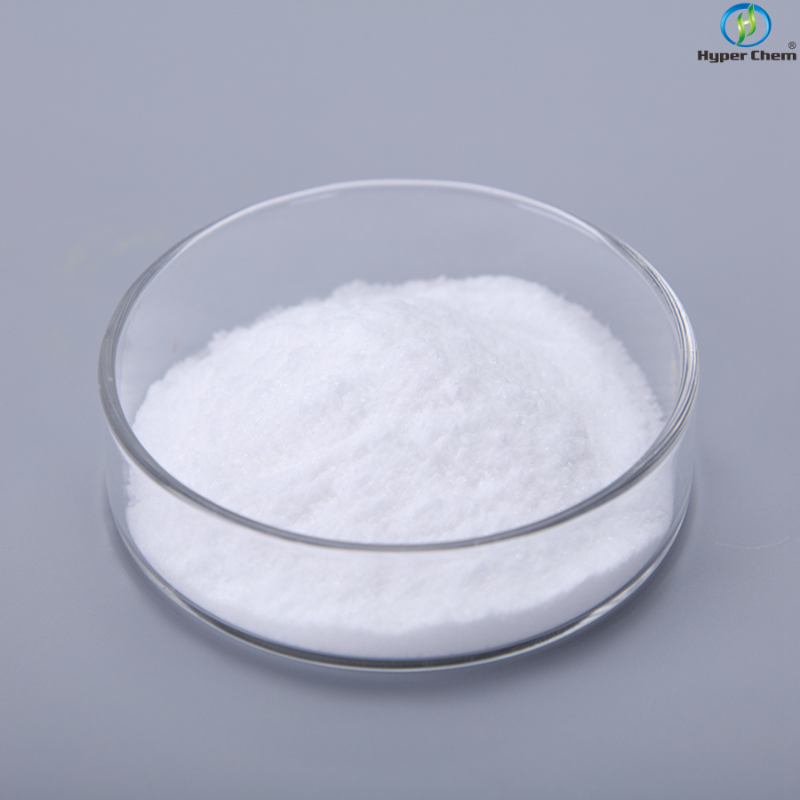-
Categories
-
Pharmaceutical Intermediates
-
Active Pharmaceutical Ingredients
-
Food Additives
- Industrial Coatings
- Agrochemicals
- Dyes and Pigments
- Surfactant
- Flavors and Fragrances
- Chemical Reagents
- Catalyst and Auxiliary
- Natural Products
- Inorganic Chemistry
-
Organic Chemistry
-
Biochemical Engineering
- Analytical Chemistry
-
Cosmetic Ingredient
- Water Treatment Chemical
-
Pharmaceutical Intermediates
Promotion
ECHEMI Mall
Wholesale
Weekly Price
Exhibition
News
-
Trade Service
In April, the Global Burden of Disease, Injury and Risk Factors Study Group released a report
on the global burden of disease for colorectal cancer from 1990 to 2019.
In nearly 30 years, colorectal cancer cases worldwide jumped from 842,000 to 2.
17 million, and deaths increased from 518,000 to 1.
09 million
, the report said.
With the continuous development of the economy and society and the change of people's lifestyle, the incidence and mortality of colorectal cancer in China have also shown an upward trend
.
What are the clinical manifestations of colorectal cancer? What are the most common triggers? How should I prevent it on a daily basis? What are the benefits of a balanced diet? Recently, Huang Rui, an expert from China Food Think Tank, a member of the Tumor Metastasis Professional Committee of the Chinese Anti-Cancer Association, and a professor of colorectal tumor surgery at the Second Affiliated Hospital of Harbin Medical University, gave a popular scientific interpretation of these issues of concern, aiming to let the public understand the harm of colorectal cancer and block the sneak attack
of colorectal cancer from the source.
The data show that at present, the incidence of colorectal cancer in China ranks second in malignant tumors, and the mortality rate ranks fourth in malignant tumors, and the trend of younger people is becoming more and more obvious
.
The study also found that the incidence of colorectal cancer in China has certain regional characteristics, such as the incidence of urban areas is higher than that of rural areas, and the incidence of developed areas is higher than that of underdeveloped areas, of which the incidence rate in the eastern region is 33.
37%, which is significantly higher than that in other regions
.
Experts believe that the incidence of colorectal cancer may have a positive correlation
with the improvement of living standards.
Some studies have shown that when the proportion of fat, red meat, and sugary drinks in the diet increases, the risk of colorectal cancer is increased
.
Huang Rui introduced that colorectal cancer is commonly known as colorectal cancer, its onset is hidden, silent, quite a lot of early colorectal cancer and precancerous lesions do not even have any "clues", or only feel discomfort, indigestion, fecal occult blood, etc
.
With the progression of cancer, changes in stool habits, abdominal pain, blood in the stool, abdominal mass, intestinal obstruction and other crux emerge, and some may be accompanied by systemic symptoms
such as anemia, fever and weight loss.
From the anatomical trajectory of colorectal cancer, the incidence of colorectal cancer is rectum, sigmoid colon, cecum, ascending colon, descending colon and transverse colon, and there is a tendency
to develop proximal (right half colon).
Not only that, colorectal tumors can also metastasize and infiltrate other organs, spreading to important parts such as the liver, lungs, bones, brain, and ovaries, causing serious consequences
.
Huang Rui said that at present, the cause of colorectal cancer is not clear, but there is a large amount of research evidence that colorectal cancer is closely
related to the patient's environmental region, gender and age, family heredity, lifestyle, dietary nutrition, disease drugs and other factors.
The first is environmental region
.
According to the world epidemiological survey, colorectal cancer has the highest incidence in North America, Western Europe, Australia, New Zealand and other places, ranking in the top two visceral tumors, but the incidence rate in Asia, Africa, Latin America and other regions is very low
.
According to the statistics of the National Cancer Center, the incidence of colorectal cancer in China is in the eastern, central, western and other regions; In the east, it is highly common
in the middle and lower reaches of the Yangtze River such as Shanghai and Zhejiang.
From this point of view, colorectal cancer "dislikes poverty and loves wealth", is a real "rich disease"
.
The second is gender and age
.
Colorectal cancer patients are more common in men than women, and the incidence is highest
in the 40-50 age group.
Taking 2015 as an example, there were 388,000 new cases of colorectal cancer in China that year, accounting for 9.
9% of all malignant tumors, including 225,000 in men and 163,000 in
women.
At the same time, the incidence of colorectal cancer is at a low level before the age of 25, rising rapidly after the age of 25, reaching the "ceiling"
at the age of 80-84.
The incidence of colorectal cancer has also increased in postmenopausal women, and it is speculated that estrogen/progesterone can play an anti-cancer role
for a range of biological reasons.
In the middle and late years, the level of estrogen/progesterone in the body gradually declines, and naturally loses the defense function
.
The third is family inheritance
.
Family history of colorectal cancer is strongly associated
with an increased risk of colorectal cancer.
A quantitative systematic analysis of 63 studies with a total of 9.
28 million people by foreign scholars found that the risk of colorectal cancer in people with first-degree relatives (parents, children and siblings) was 1.
76 times
that of the general population.
A cohort study in China included a total of 73358 women with an average follow-up period of 7 years, and the results showed that the risk of colorectal cancer in women with first-degree relatives was 2.
07 times
that of the general population.
Fourth, inflammatory diseases
.
Certain patients with inflammatory bowel disease and diabetes are often considered to be at high risk of colorectal cancer
.
Among them, patients with inflammatory bowel disease, including ulcerative colitis and Crohn's disease, are 2.
4 times more likely to develop colon cancer than the general population, while the risk of colon cancer and rectal cancer in diabetic patients is 1.
38 times and 1.
20 times
that of healthy people, respectively.
In addition, polyps and adenomas also have a great contribution to
the formation of colorectal cancer.
Fifth, dietary nutrition
.
Obesity is the root cause of many diseases and is also one of
the main causes of colorectal cancer.
For every 5 increase in body mass index, the risk of colorectal cancer increases by 5%; For every 10 cm thickening of waist circumference, the risk of colorectal cancer increases by 2%.
Domestic research data show that for every 1 standard deviation increase in waist circumference Chinese, the risk of colorectal cancer increases by 16%.
Another study reported that for every 10 grams, 90 grams and 400 grams of daily dietary fiber, whole grains and dairy products, the risk of colorectal cancer was reduced by 9%, 17% and 13%,
respectively.
Sixth, lifestyle
.
Colorectal cancer patients usually have three major hobbies - smoking, drinking, and eating red meat
.
Compared with non-smokers, the relative risk of colorectal cancer risk in smokers was 1.
18, and the risk of colorectal cancer increased by 7.
8%
for every 10 cigarettes per day.
Drinking small amounts (less than 28 grams per day) did not increase colorectal cancer risk compared to occasional or no drinking, while heavy drinkers (greater than 36 grams per day) had a risk-to-odds ratio of 1.
25
.
An increase in the daily intake of red meat such as beef and mutton and processed meat by 100 grams and 50 grams increased the risk of colorectal cancer by 12% and 16%,
respectively.
In fact, overweight, obesity, unreasonable dietary structure, excessive drinking, lack of physical exercise, sedentary and less active, smoking and family heredity and other triggers are all "behind-the-scenes" of the high incidence of colorectal cancer, among which unhealthy diet is undoubtedly the most terrible "killer"
.
Huang Rui said that an important way to prevent colorectal cancer is to maintain healthy eating habits, eat more fresh fruits, vegetables and other foods rich in carbohydrates and crude fiber, such foods stay in the intestines for a short time, which is conducive to the elimination
of intestinal toxins.
At the same time, these ingredients also support the growth of beneficial bacteria in the intestines, which can improve intestinal function and promote health
.
Conversely, those who prefer to eat fatty foods or processed meats are more
likely to develop colorectal cancer.
Huang Rui introduced that because healthy eating is extremely important, the "Dietary Guidelines for Chinese Residents (2022)" clarifies eight principles of balanced diet, namely: food is diverse and reasonably matched; Eat for balance, healthy weight; Eat more fruits and vegetables, milk, whole grains, soybeans; Eat fish, poultry, eggs, and lean meat in moderation; Less salt and less oil, sugar control and alcohol limitation; Eat regularly and drink plenty of water; Can cook and choose, can read labels; Male chopsticks are divided into meals to eliminate waste
.
In the above guidelines, there are detailed instructions and guidelines on the intake of vegetables, fruits and meat: first, vegetables and fruits, whole grains and dairy products are important components of a balanced diet; Second, there are vegetables in the meal, to ensure that the daily intake of no less than 300 grams of fresh vegetables, dark vegetables should account for 1/2; the third is to eat fruits every day, to ensure an average daily intake of 200-350 grams of fresh fruit, pay attention to not use juice instead of fresh fruit; The fourth is to eat a variety of dairy products, the intake is equivalent to more than 300 ml of liquid milk per day; Fifth, often eat whole grains, soybean products, eat nuts in moderation; Sixth, fish, poultry, eggs and lean meat intake should be moderate, with an average of 120-200 grams per day; Seventh, it is best to eat fish 2 times a week or 300-500 grams, eggs 300-350 grams, livestock and poultry meat 300-500 grams; Eighth, eat less deeply processed meat products; The ninth is to give preference to fish and eat less fatty meat, smoked and cured meat products
.
"Avoiding overnutrition, actively participating in sports, losing weight, and increasing the intake of dietary fiber, whole grains, and dairy products can curb the rise of colorectal cancer from multiple angles and in all aspects, which is exactly what
we can do in our daily lives.
" Huang Rui said
.
(Yi Xiaofeng, Zhu Shuang, Ye Jinhua)
China Food News (October 12, 2022, Edition 03)
(Editor: Han Songyan).







